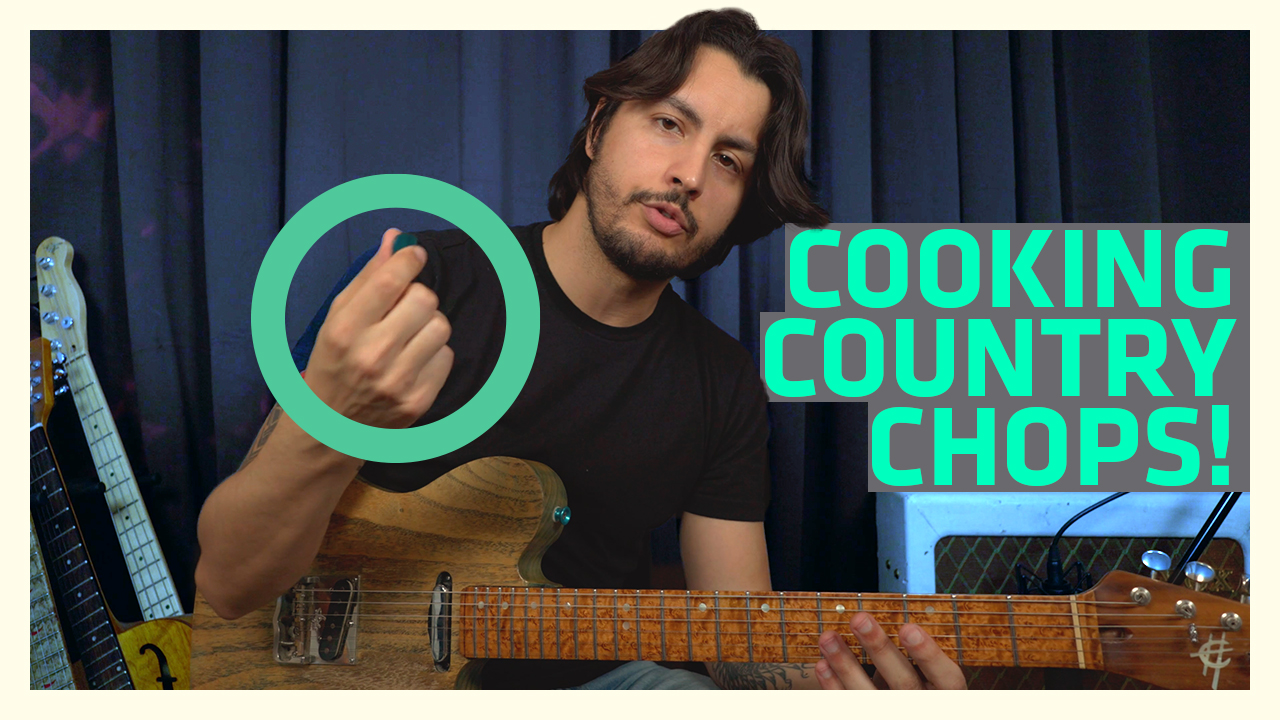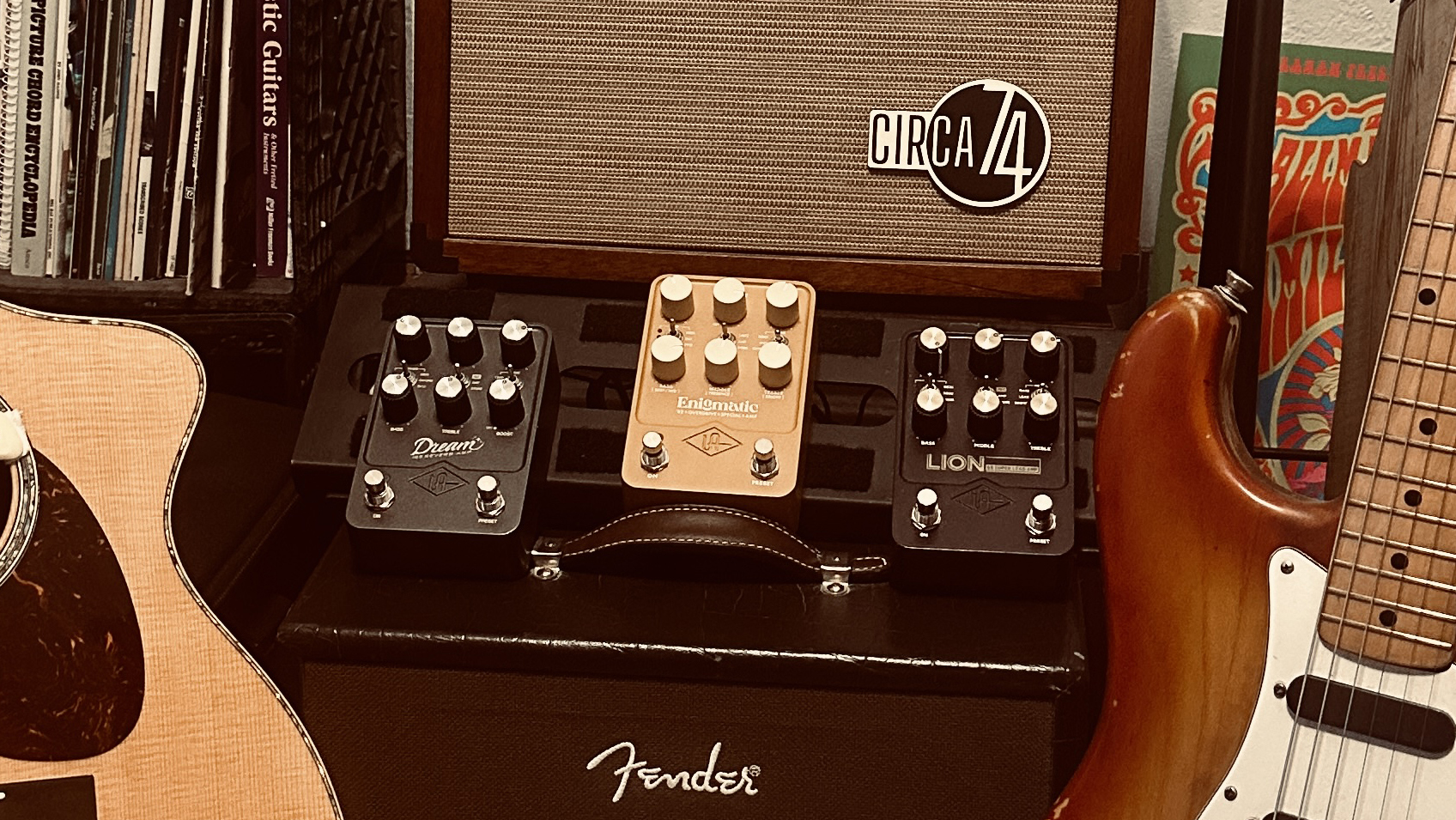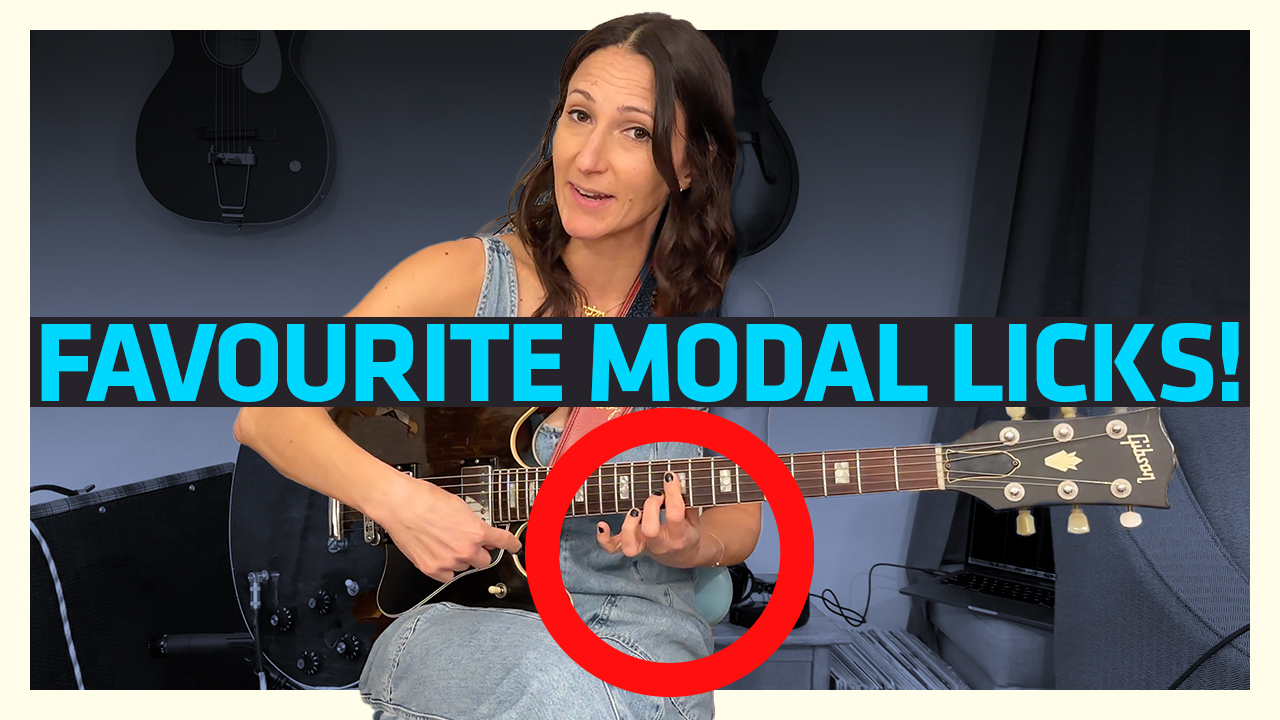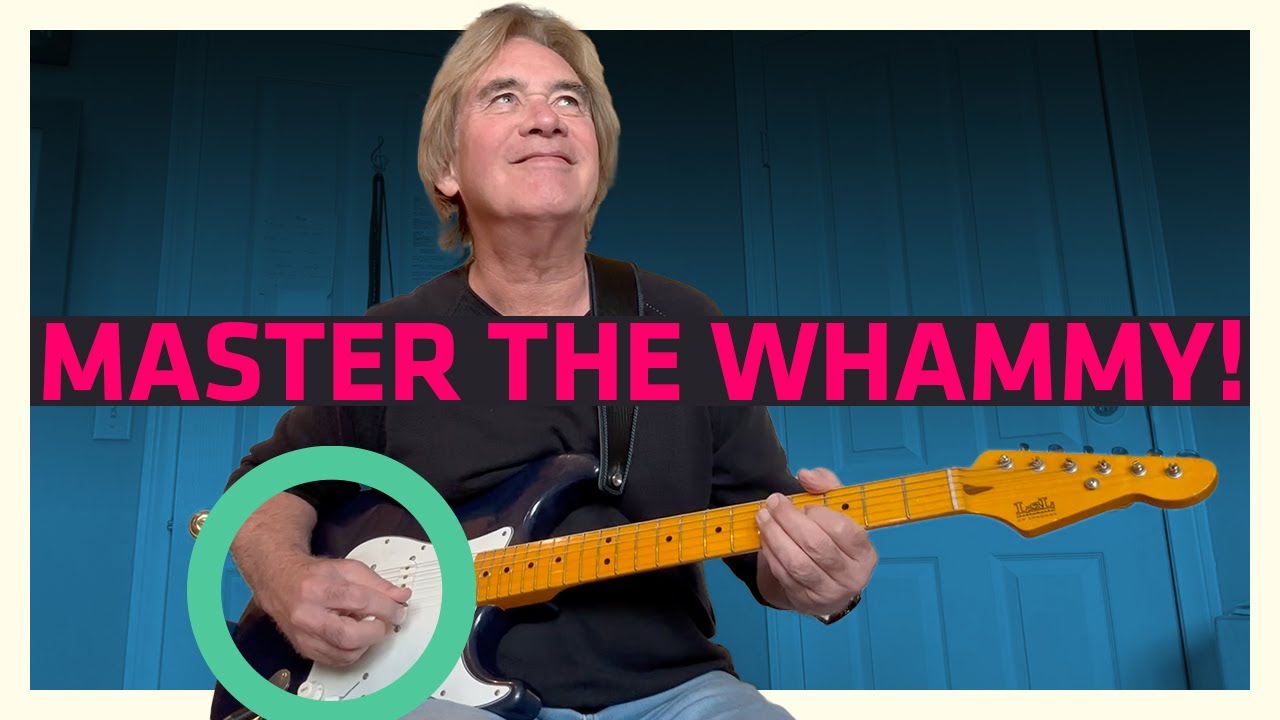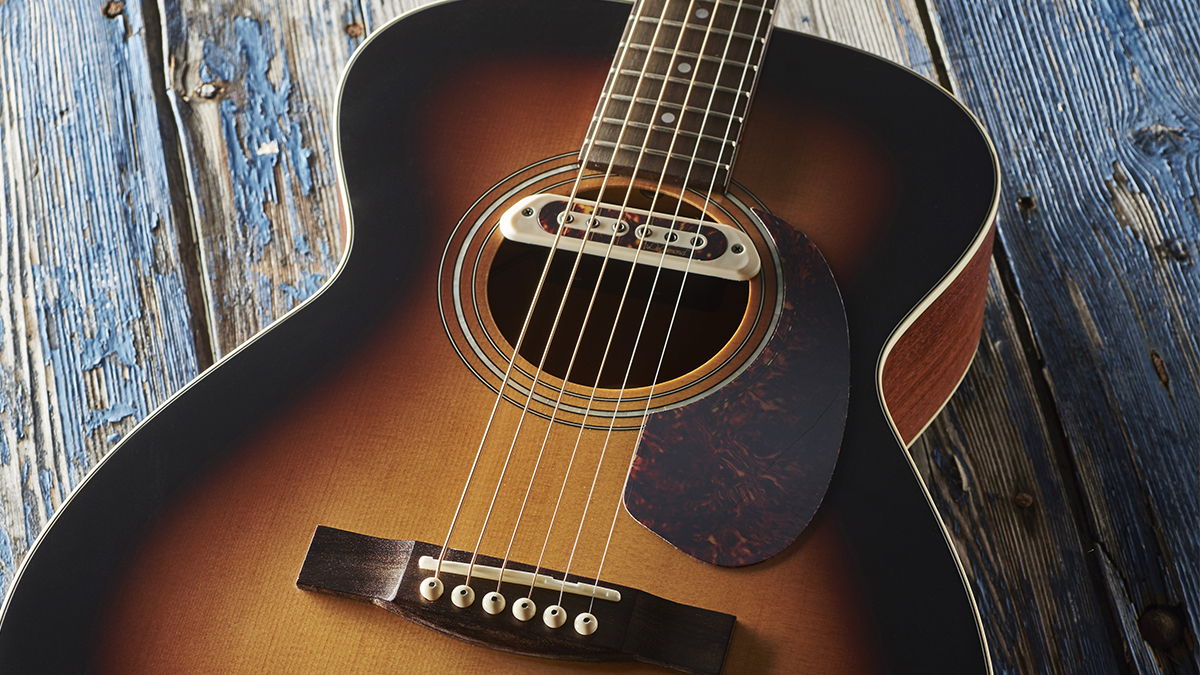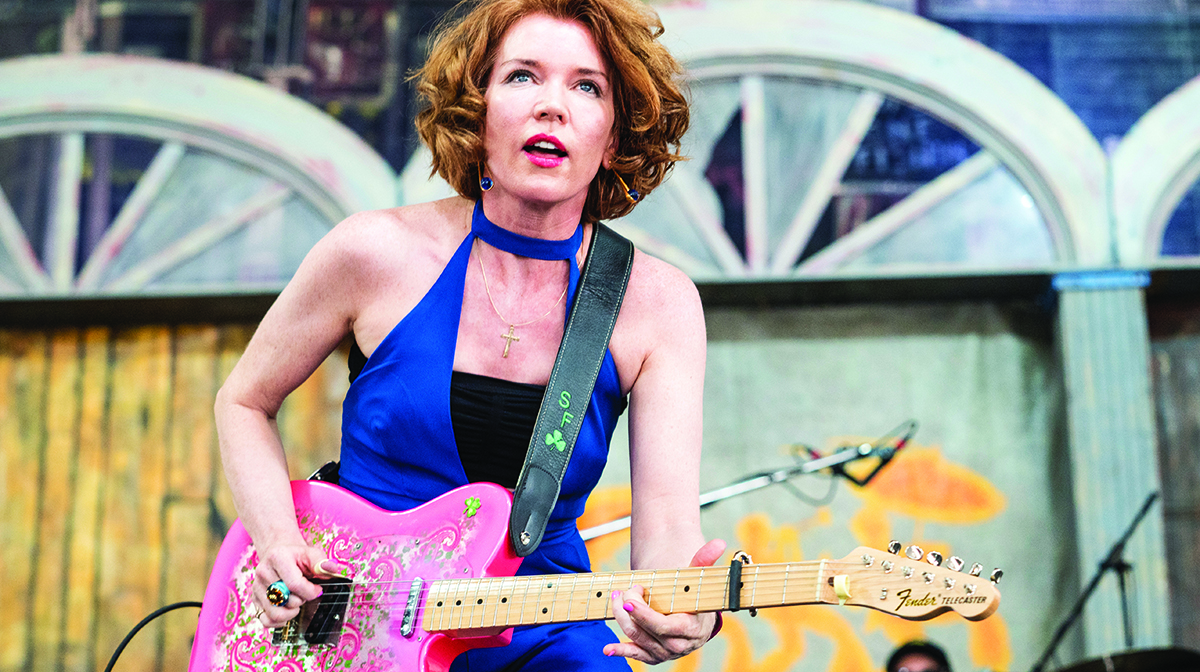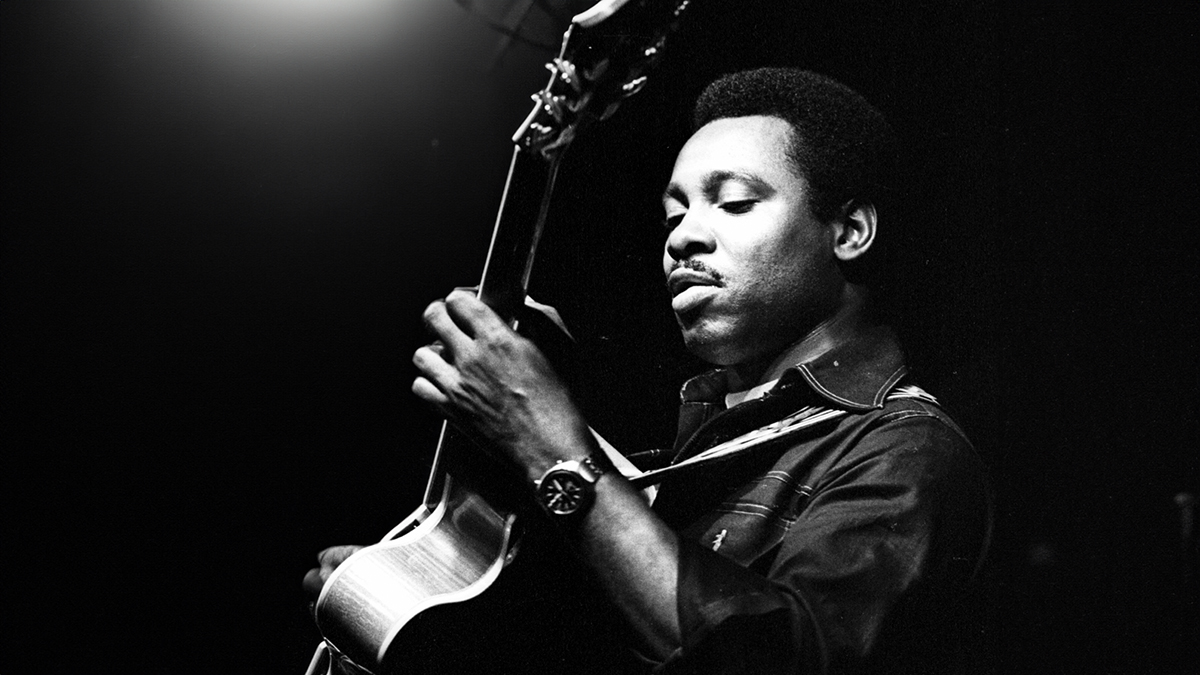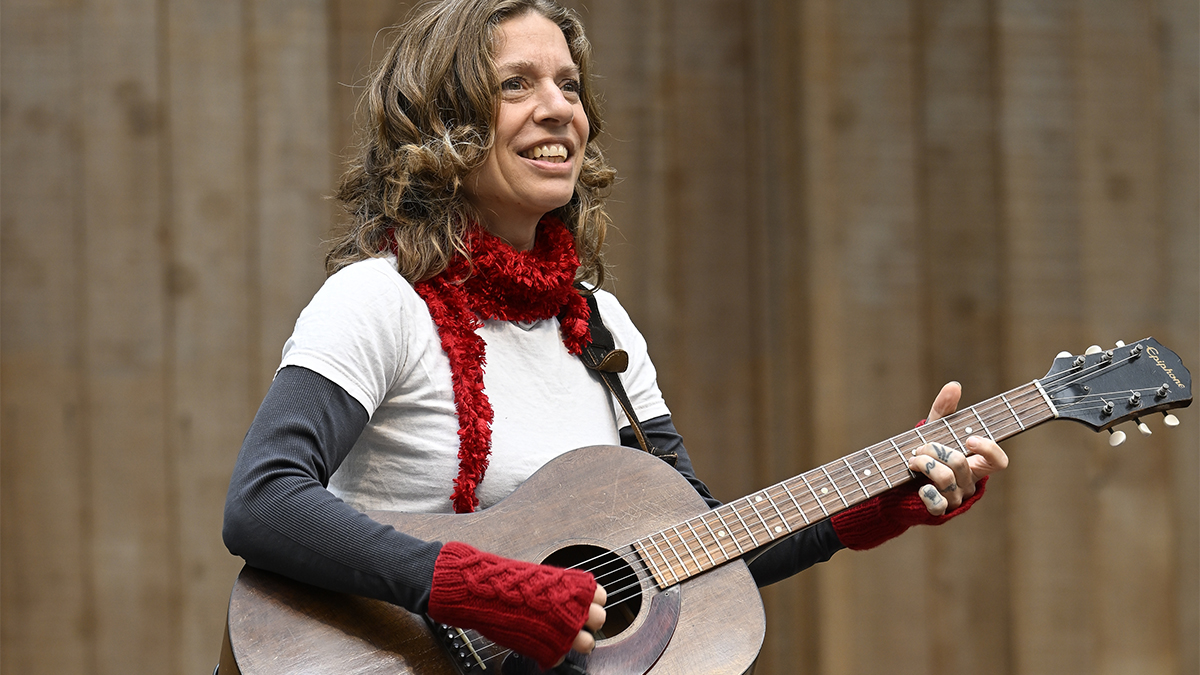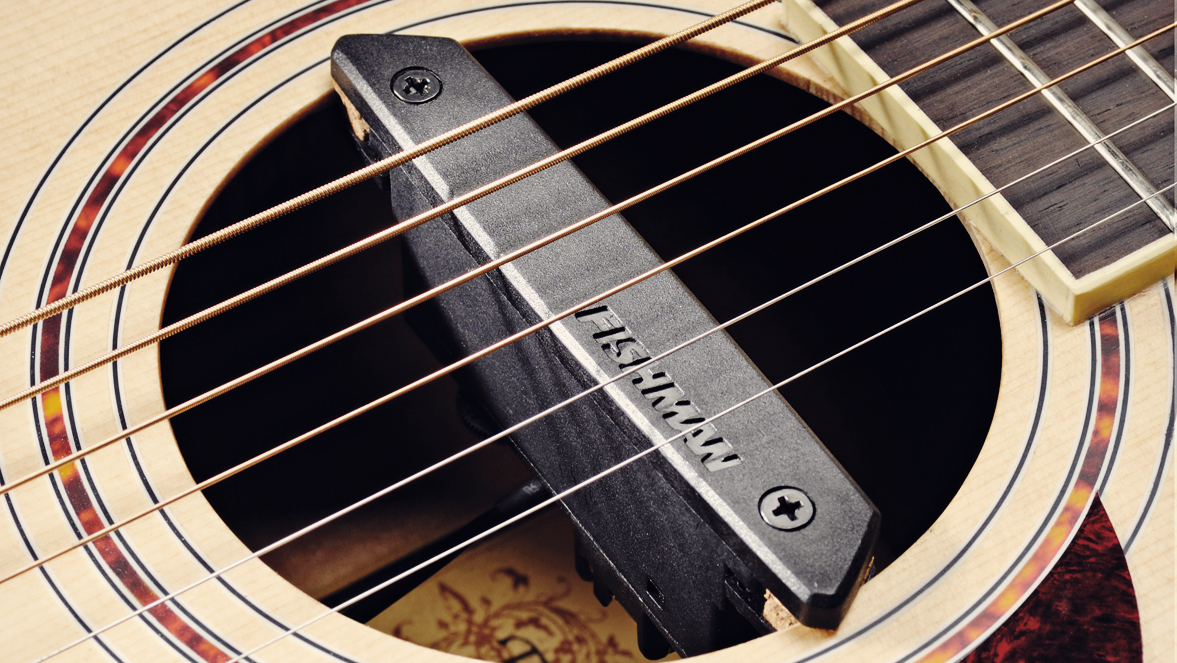“The Reality Is, the Most Expensive Guitar in the World Isn’t Going to Improve Your Playing”: Nili Brosh’s Top Tips for Guitarists

Over the course of her career, guitarist Nili Brosh has performed with the likes of Steve Vai, Paul Gilbert, Jennifer Batten, Stu Hamm and Gretchen Menn, among others. Currently, she records and plays with her own band, and at the same time she juggles gigs with Danny Elfman, Cirque du Soleil and the fictional TV melodic death-metal band Dethklok.
Given her impressive resume, you might assume that she’s got it all figured out. And you’d be very wrong.
“I’ve made so many mistakes over the years,” Brosh admits. “My biggest problem was that I was always in a rush, especially when I was younger. That translated to how I approached my career. It wasn’t so much about the music itself – I wanted everything now, and it drove me crazy. I’m impatient by nature, but I’m working on it. It doesn’t do you any good to freak out because this isn’t happening or that didn’t work out. There’s usually a good reason for it.”
These days, Brosh tries to approach her career by adhering to the motto “It’s a marathon, not a sprint.” “Really, it helps to tell myself that,” she says. “Playing the guitar is a lifelong journey, and if you want to make beautiful music, you need to realize that you won’t get anywhere if you rush. You’re not going to learn all you need to know by tomorrow, so just calm down and enjoy yourself. It doesn’t matter if you can’t play a piece of music by next week. You’ll play it when you’re ready.”
The versatile virtuoso has some other choice bits of wisdom to share with players, and she puts her money where her mouth is. “All of these tips are lessons and concepts I’ve had to learn myself over the years,” Brosh says. “I figure, why would I offer anybody advice if I don’t know that it works?”
1. Learn as Much as You Can by Ear
“I’m a big advocate for ear training. If I logged my practice hours over the course of my life, I probably spent most of it playing by ear. Ever since I was a teenager, I transcribed anything I could get my hands on, all of it by ear. Part of it was out of necessity – this was before we had YouTube and transcriptions on the internet – but I was also committed to the idea that it was important to develop my auditory senses. because, for me, it was the best way to learn music quickly. After a while, I didn’t need charts or tabs. I could hear a piece of music and play it.
“I’m not knocking formal study or learning how to read music. If anything, I think it’s great when you pair that with playing by ear. But think about it: You listen to music; you don’t watch it. If you took all the charts away, you’d have to rely on your ears. And it helps you when you’re playing with other musicians. You can respond immediately to what’s going on because you’ve developed your musical awareness.”
2. Musically Speaking, Slow It Down
“The metronome thing is big, and I would recommend using one to everybody. But you don’t need to use a metronome – you can be your own timekeeper. Regardless of what you’re playing, whether it’s an exercise or a song, you have to find your comfort tempo. No matter how challenging something is, if you slow it down enough, you’ll be able to break down all the different musical components. What was flying by you and didn’t make any sense at first will now come at you in a way you can understand.
“We tend to practice so fast that we don’t even take the time to hear what we’re playing or understand what our fingers are doing. That’s not helpful. Slow down and absorb what you’re playing. You’ll play it better when you perform it at a comfortable tempo.”

3. Creatively Speaking, Put the Guitar Down
“Not everything I play excites me all the time. Like anybody, I have good days and bad days. I have a couple of ways to shake off the doldrums. One thing I try to do is learn something new in the hopes that it will broaden my vocabulary. It could be a different genre or a strange song – anything that takes me out of what I’m familiar with.
“If that doesn’t work, I take a more abstract approach: I simply put the guitar down and immerse myself in anything that isn’t music or guitar playing. I’ll watch movies or read books. I’ll go to a museum, or go out and explore nature. I’ll play with my dog. It’s a great way to shift gears and get into a fresh mindset. After a while, I find that I pick up the guitar again and I can’t wait to play.”
4. Be a Good Person
“You’d be amazed at how inconsiderate and unreliable musicians can be. Whether it’s showing up late, not showing up at all, not doing their homework or preparing for a gig. It’s astonishing the way some people behave. I’ve seen musicians be rude to other players or people on crews. There are ways to do things and ways not to. Nobody wants to be around a jerk.
“This should be obvious, but I feel as though it needs to be said: You need to be a good person and be able to work with others. You need to be a friend to other people, one without an ulterior motive. Basically, you need to operate in the world as if you were doing anything else. Just because you’re a musician, you’re not special. You might be an incredible player, but there’s somebody who can replace you.”
5. When It Comes to Gear, if It Ain't Broke, Don't Fix It
“Guitarists tend to obsess over the newest and latest guitar or piece of equipment. It’s as if they think, If I just had that shiny new thing, that’d be the answer to all my problems. The reality is, the most expensive guitar in the world isn’t going to improve your playing. That’s up to you. You’re the one who has to improve your musicianship.
“There’s a good guitar in your price range, one that stays in tune, sounds good and doesn’t fight you when you’re playing it. And there are all kinds of affordable gear you can use to achieve whatever sounds you’re looking for. You might already have these tools, and if you do, don’t worry about looking for something else.”
6. For the Girls: It's Not Odd to Be a Guitar Player
“I grew up with brothers and I didn’t have any sisters, so it was very natural to me to be around guys. Nobody ever said to me, ‘Playing the guitar isn’t a girl thing.’ That concept just wasn’t in my mind. Playing music with a guitar just seemed like something I did. It never really dawned on me that there weren’t a lot of female guitar players because I never thought that gender mattered when it came to music.
“That’s my advice to other girls who are just getting started on the guitar: Don’t think about it. It really shouldn’t matter. If you want to play guitar, play guitar. You don’t have to go into it thinking that you have to act any different. You’re not a ‘female guitar player.’ You’re a guitar player. Fortunately, things have been changing a great deal as far as women playing guitar in bands. It used to be considered novel, but now it just is what it is.”
Visit the Nili Brosh website here.
Get The Pick Newsletter
All the latest guitar news, interviews, lessons, reviews, deals and more, direct to your inbox!

Joe is a freelance journalist who has, over the past few decades, interviewed hundreds of guitarists for Guitar World, Guitar Player, MusicRadar and Classic Rock. He is also a former editor of Guitar World, contributing writer for Guitar Aficionado and VP of A&R for Island Records. He’s an enthusiastic guitarist, but he’s nowhere near the likes of the people he interviews. Surprisingly, his skills are more suited to the drums. If you need a drummer for your Beatles tribute band, look him up.
“Write for five minutes a day. I mean, who can’t manage that?” Mike Stern's top five guitar tips include one simple fix to help you develop your personal guitar style
"It’s like you’re making a statement. And you never know where it’ll lead." Pete Thorn shares the tip that convinced Joe Satriani he was the right guitarist for the SatchVai Band

